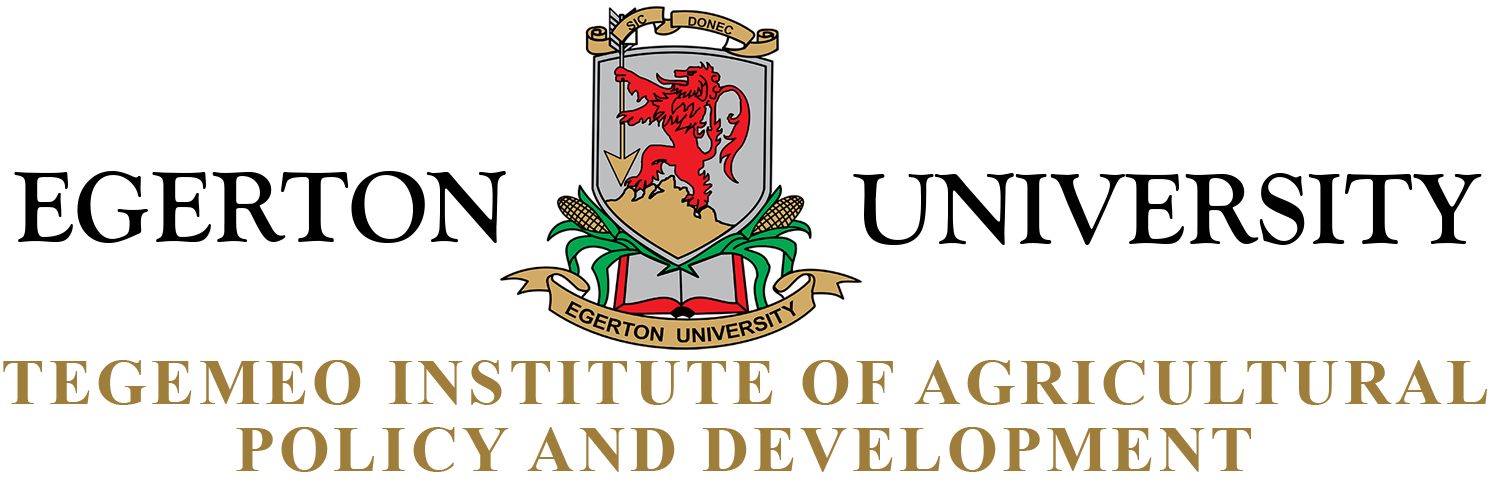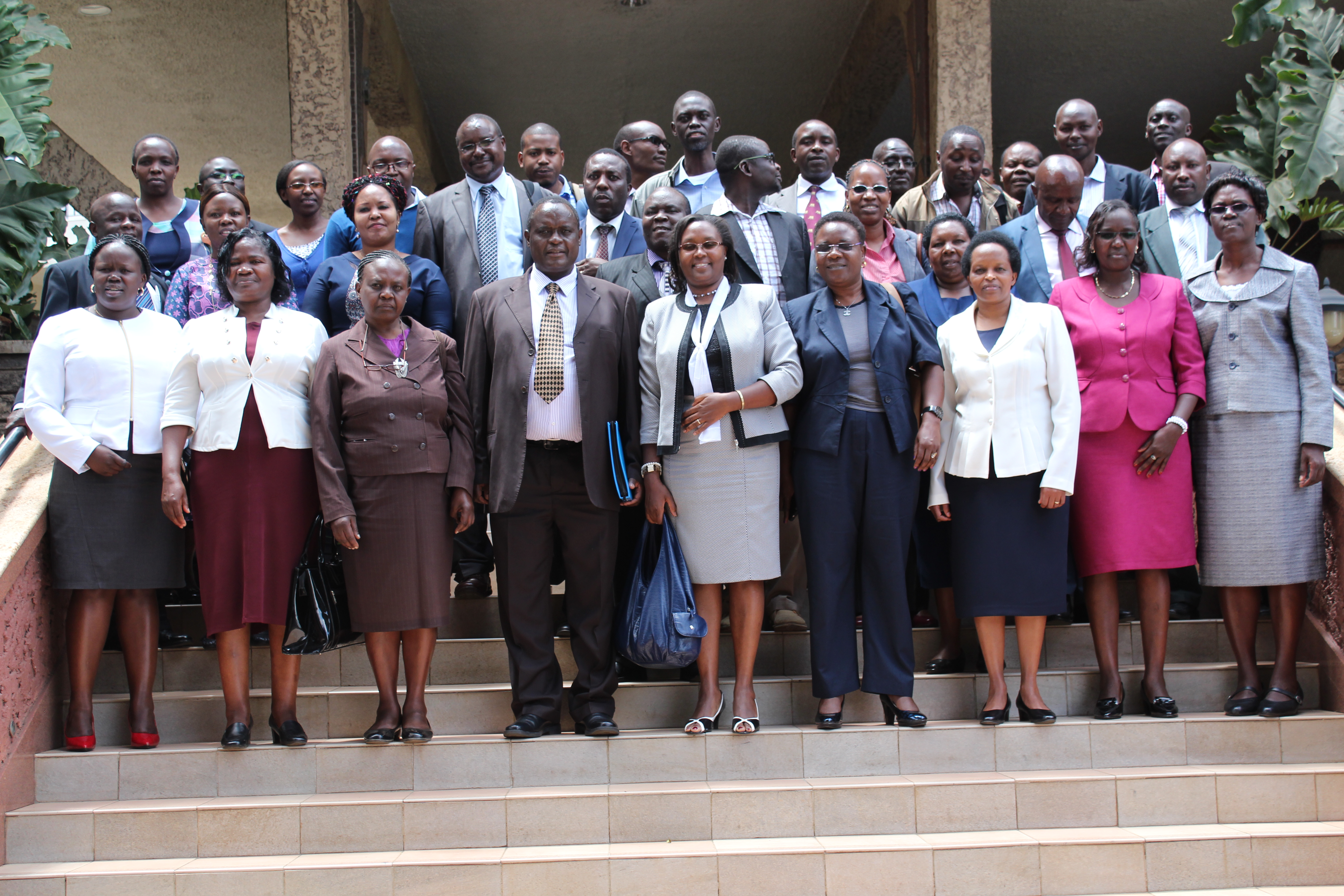Date : 10th October 2016
Time : 7.00am - 10.30am
Venue : PanAfric Hotel
Introduction
Kenya remains largely a net importer of key food staples namely maize, wheat and rice. On average, the country imports over 50% percent of its demand for rice and wheat and 7-10 percent of maize. This is despite favorable conditions for production thus implying an unexploited potential and/or lack of sufficient policy support for increased production.
In Kenya, majority of producers of maize and rice are small scale farmers who also depend on these staples for their livelihoods. In order to ensure food security and improve household incomes, it is important to continuously assess and monitor the profitability and competitiveness of these key staples in the country. This will enable identification of key challenges and opportunities for increased production and areas of policy intervention.
Tegemeo Institute of Agricultural Policy and Development, Egerton University conducted an assessment of the costs of production for maize and rice for the 2015/16 cropping year and the current status of food situation in the country. The findings of this assessment were shared and discussed in a stakeholders’ breakfast forum to elicit feedback and way forward on feasible options that could improve on the profitability and competitiveness in production. Such interventions are necessary for ensuring lower food prices for consumers.
The following findings from these studies were shared with stakeholders:
Presentations
1. Meeting Introduction and Objectives
View a brief video intro on the same here ...
2. Consumption Patterns of Major Staples in Rural & Urban areas of Kenya
View a brief video on the Consumption patterns here ...
3. Cost of Maize and Rice Production in Small and Large Scale Systems, 2015
View a brief video on the cost of rice and maize production here ...
4. Kenya’s Maize Crop Prospects and Food Situation
View a brief video on the food situation here ...
View more videos here ...




